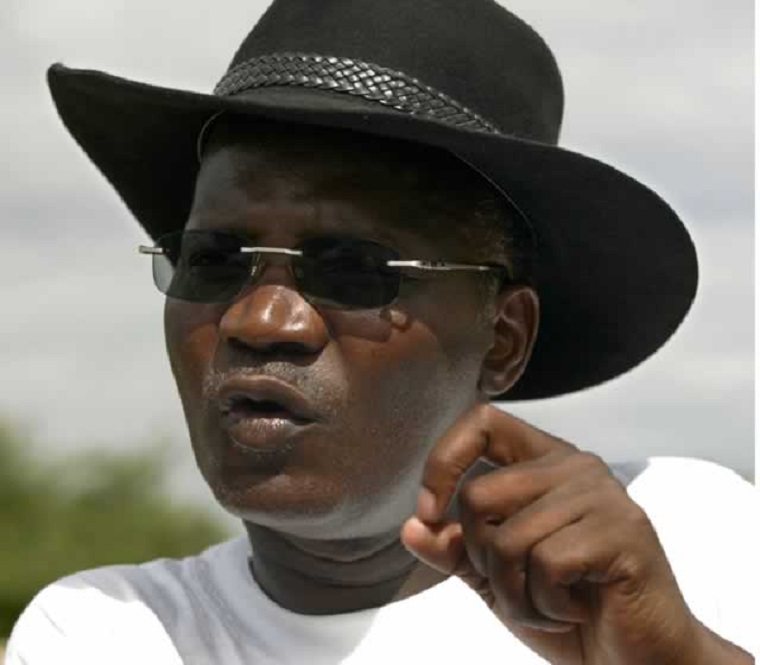Higher Education Minister Jonathan Moyo, said to be one of the leaders of the G40 faction of the Zimbabwe African National Union-Patriotic Front, says it is ugly propaganda to say that the proposed amendment to the national constitution will empower the President to appoint the chief justice, deputy chief justice and the judge president because he already has that power.
The government has announced that it is amending the constitution, only adopted three years ago, to allow the President to appoint the three key judges and has stopped public interviews that were supposed to be conducted this month.
Four candidates had been short-listed but apparently one of the judges who is believed to be the party favourite was not among the four.
Sources say the judge was advised not to apply.
In a 10-point tweet, Moyo says while the constitution is amendable, any amendment should be based on truth, substantive reasons and public interest.
He says that the claim that section 180 of the constitution is a Movement for Democratic Change provision is false. Instead the proposed amendment is closer to MDC position.
The MDC COPAC position had the President nominating and approval was with Senate after confirmation hearing but this was rejected. Instead it was agreed to have transparency in all judiciary appointments.
The proposed amendment takes away transparency in the appointment of the chief justice, the deputy chief justice and judge president and controversially involves Senate, he argues.
Continued next page
(251 VIEWS)







0 Comments